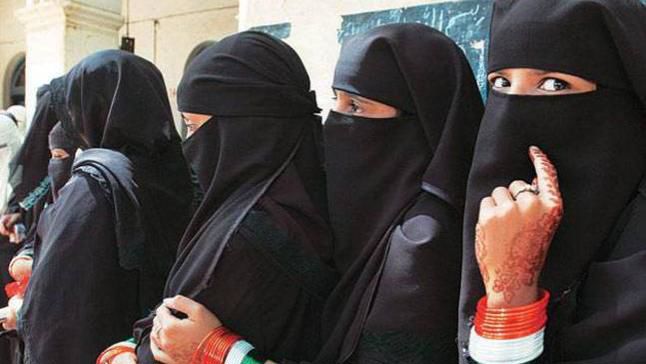The Supreme Court on Wednesday affirmed that Muslim women are entitled to maintenance under Section 125 of the Code of Criminal Procedure (CrPC). Justices BV Nagarathna and Augustine George Masih underscored the principle that maintenance is not a form of charity but a fundamental right of all married women, irrespective of their religion. The ruling comes in response to an appeal by Mohd Abdul Samad, who challenged the Telangana High Court’s decision to uphold a family court’s maintenance order. Samad argued that a divorced Muslim woman should seek maintenance solely under the Muslim Women (Protection of Rights on Divorce) Act, 1986. However, the SC dismissed his appeal, asserting that Section 125 is a secular provision applicable to all women.
This verdict is reminiscent of the historic Shah Bano case, where the apex court ruled in favour of a divorced Muslim woman’s right to maintenance under Section 125. Despite the subsequent enactment of the 1986 Act, which initially sought to limit this right, the court’s recent decision reinforces the enduring applicability of Section 125. The evolution of the Act and subsequent judicial precedents have progressively expanded the maintenance rights of divorced Muslim women. The 2001 Danial Latifi case upheld the Act but extended maintenance rights beyond the iddat period until remarriage.
The latest ruling aligns with these developments, ensuring that Muslim women are not deprived of their entitlements. By affirming that maintenance is a right for all married women, the court has taken a significant step towards gender justice and equality in India. This ruling not only upholds constitutional principles but also strengthens the social and economic security of Muslim women, setting a precedent for future cases.
Unlock Exclusive Insights with The Tribune Premium
Take your experience further with Premium access.
Thought-provoking Opinions, Expert Analysis, In-depth Insights and other Member Only Benefits
Already a Member? Sign In Now











